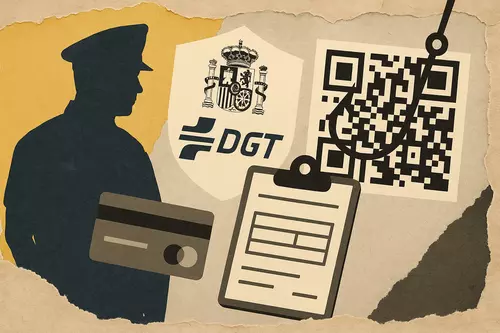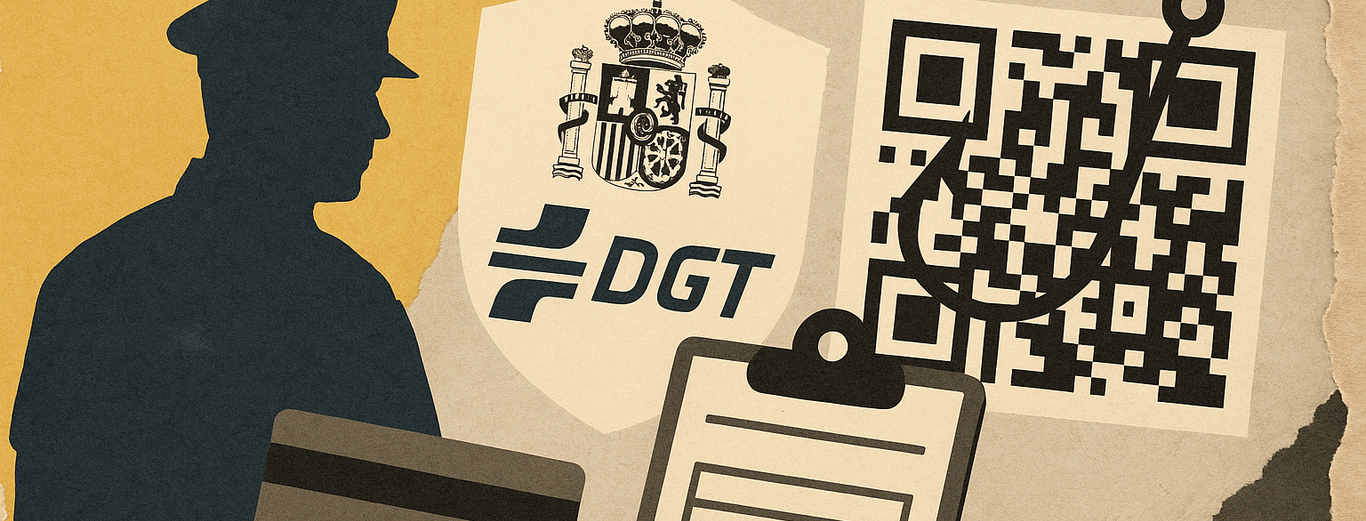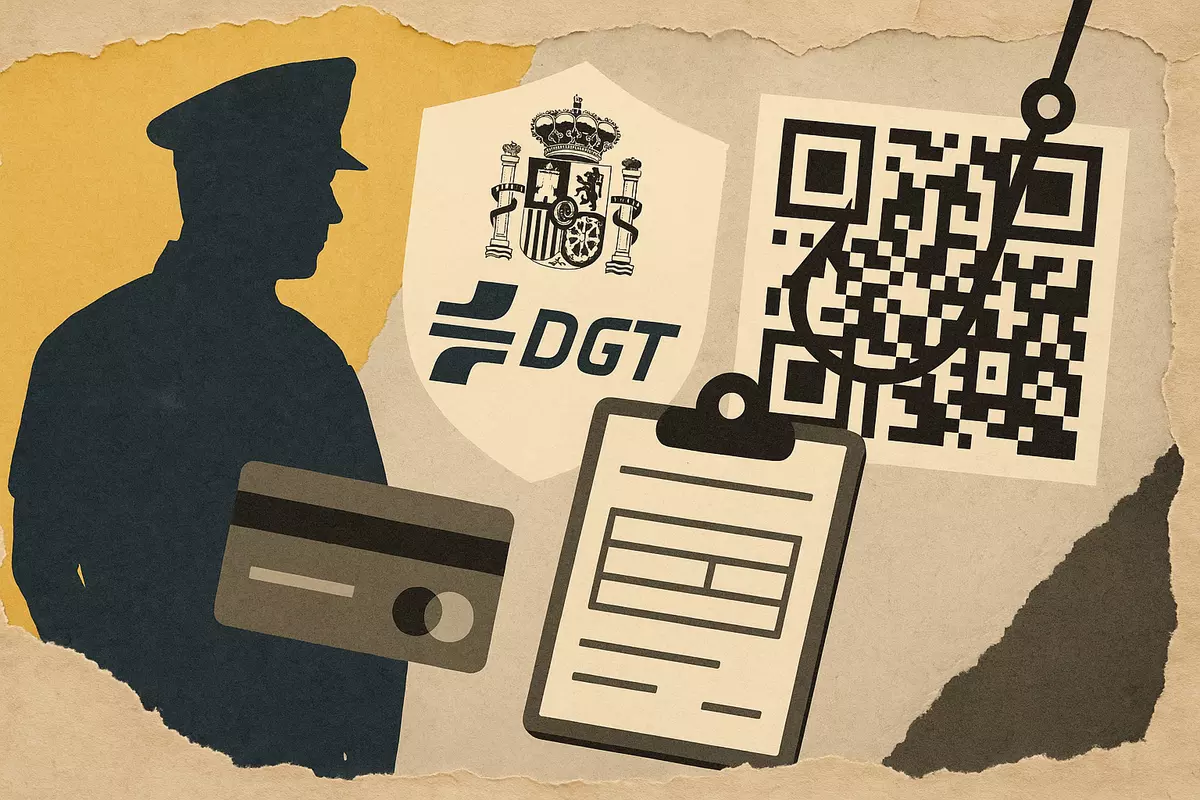Unmasking the Deadliest QR Code Scam: How Málaga’s Fake Traffic Tickets Steal Your Identity
Hello everyone. Today, we’re diving into the world of digital deception, where the only thing more contagious than a summer cold is the spread of QR code scams. Yes, you heard me right—QR codes, those little pixelated squares that have become as ubiquitous as hand sanitizer dispensers, are now the latest tool in the cybercriminal’s medical bag. And this time, the prescription is a hefty dose of fraud, with a side effect of identity theft.
The Setting: Málaga’s Newest Epidemic
Let’s set the scene: Málaga, a city known for its sunny beaches, vibrant culture, and now, apparently, its innovative approach to scamming unsuspecting motorists. Picture this: you return to your car after a long day, only to find a ticket on your windshield. Not unusual, especially in a city where parking enforcement is as relentless as a hypochondriac with WebMD. But this isn’t your run-of-the-mill parking fine. No, this is a meticulously crafted piece of paper, complete with official logos, a stern warning, and—wait for it—a QR code.
The Anatomy of the Scam
Now, let’s dissect this scam like a med student on their first cadaver. The ticket looks official, right down to the Ministry of the Interior and DGT logos. There’s a fake case number, a message urging you to pay up within 24 hours to avoid further complications, and, of course, that all-important QR code. The psychological manipulation here is textbook: create a sense of urgency, sprinkle in some official jargon, and watch as panic overrides common sense.

But here’s where the real surgery begins. Scan that QR code, and you’re whisked away to a website that could fool even the most seasoned cyber-sleuth. It’s a near-perfect replica of the DGT’s official site, complete with a “support chat” and all the trimmings. The only thing missing is a stethoscope around the neck of the virtual assistant. Enter your personal and banking details, and congratulations—you’ve just handed over your identity on a silver platter.
The Red Flags: Symptoms of a Scam
- Orthographic Atrocities: The ticket is riddled with spelling errors that would make even a first-year med student cringe. “Jefajura,” “sendito,” “derecccion,” and “apartadp” are just a few of the linguistic tumors present.
- Missing Vital Signs: No agent ID, no specific location of the alleged infraction, and no vehicle details. It’s like diagnosing a patient without checking their pulse.
- Fictitious Fines: The amounts don’t match any official DGT sanctions. It’s as if someone prescribed antibiotics for a viral infection—completely off the mark.
- Institutional Confusion: Within city limits, it’s the local police, not the DGT, who issue fines. This scam can’t even get its departments straight, let alone its diagnoses.
The Modus Operandi: QRishing
This isn’t just phishing; it’s QRishing—a clever portmanteau that combines QR codes with the age-old art of digital deception. The INCIBE (Spain’s National Cybersecurity Institute) has been warning about this for a while, but apparently, some people still think QR codes are as harmless as a placebo.
The Perpetrators: Untraceable Pathogens
Tracking down the culprits is proving to be as difficult as finding the source of a hospital-acquired infection. The fraudulent website is hosted by a bargain-basement Asian registrar, making it nearly impossible to trace. Meanwhile, the local authorities and the Guardia Civil are scrambling to contain the outbreak.
The Prognosis: A Spreading Infection
While Málaga is currently the epicenter, this scam has all the makings of a pandemic. It’s only a matter of time before it spreads to other cities, leaving a trail of compromised identities and empty bank accounts in its wake.
The Prescription: Prevention and Vigilance
- Don’t scan suspicious QR codes.
- Scrutinize any official-looking documents for errors.
- Verify fines through official channels.
- Report any fraudulent activity to the authorities.
And remember, the best defense is a healthy dose of skepticism.
Conclusion: A Diagnosis of Disgust
In summary, this QR code scam is a masterclass in psychological manipulation, exploiting both our trust in officialdom and our fear of legal repercussions. It’s a reminder that, in the digital age, even the most innocuous technologies can be weaponized by those with malicious intent.
And that, ladies and gentlemen, is entirely my opinion.

Article source: Tiene el aspecto de una multa de tráfico, pero no has cometido ninguna infracción: es una estafa que te robará los datos (y el dinero), https://www.genbeta.com/seguridad/tiene-aspecto-multa-trafico-no-has-cometido-ninguna-infraccion-estafa-que-te-robara-datos-dinero



